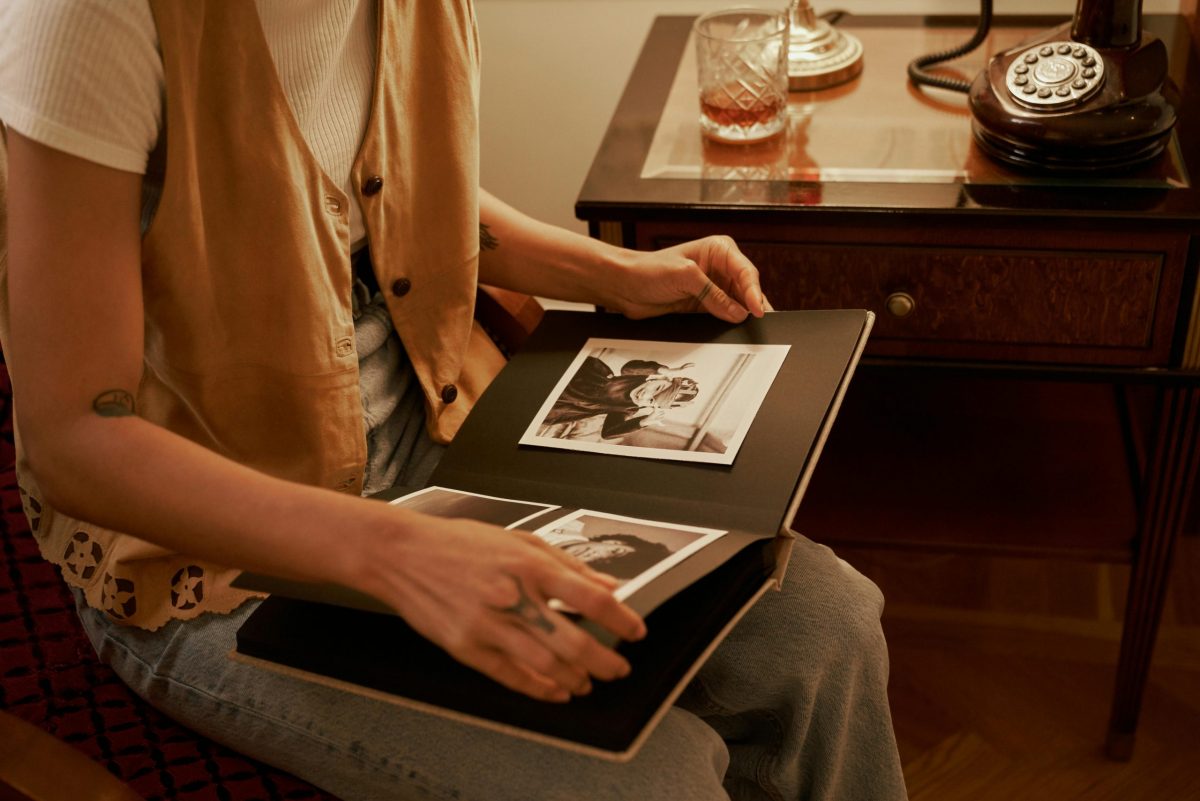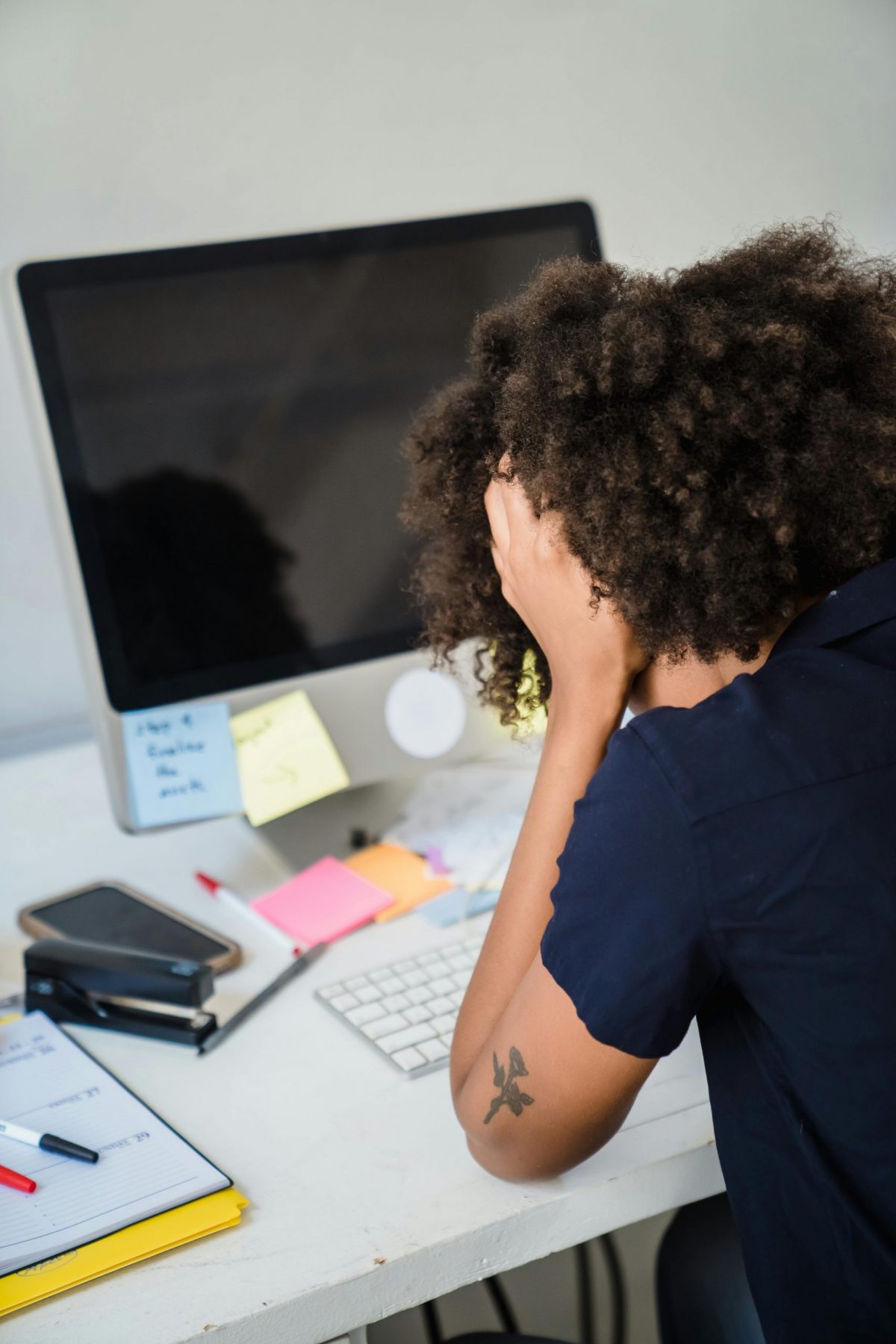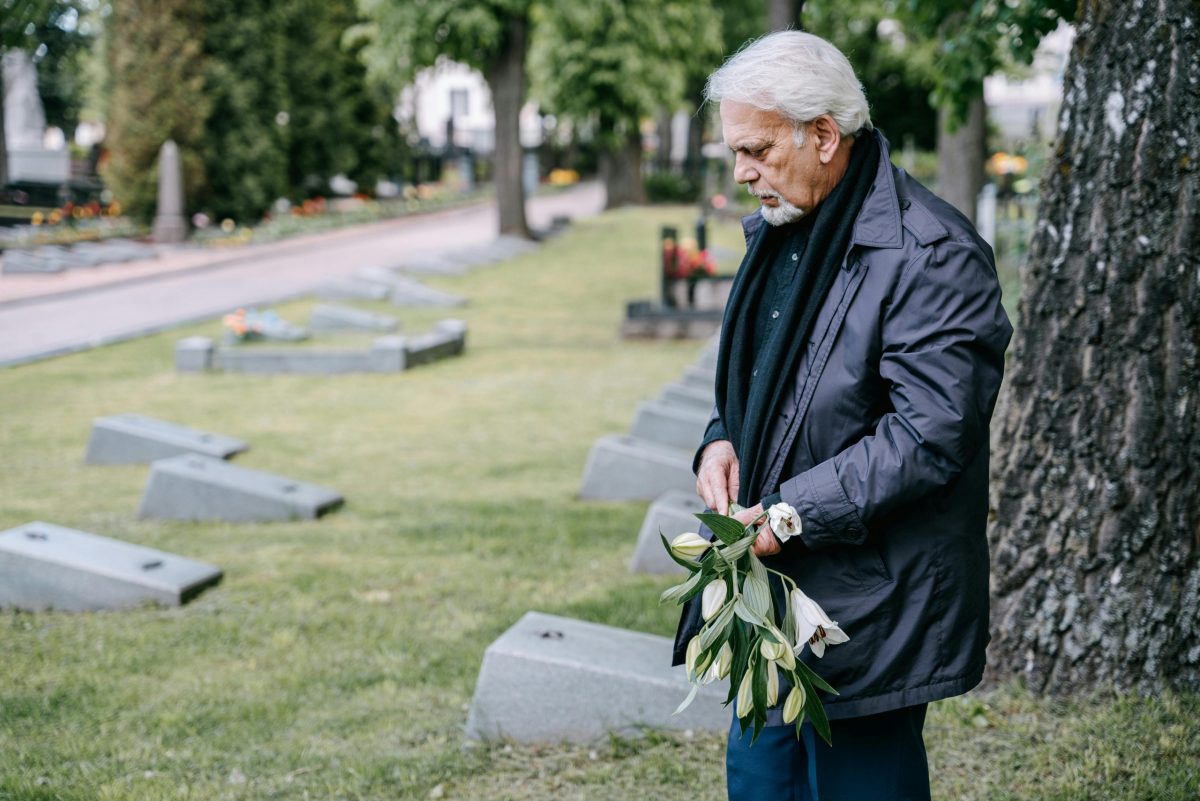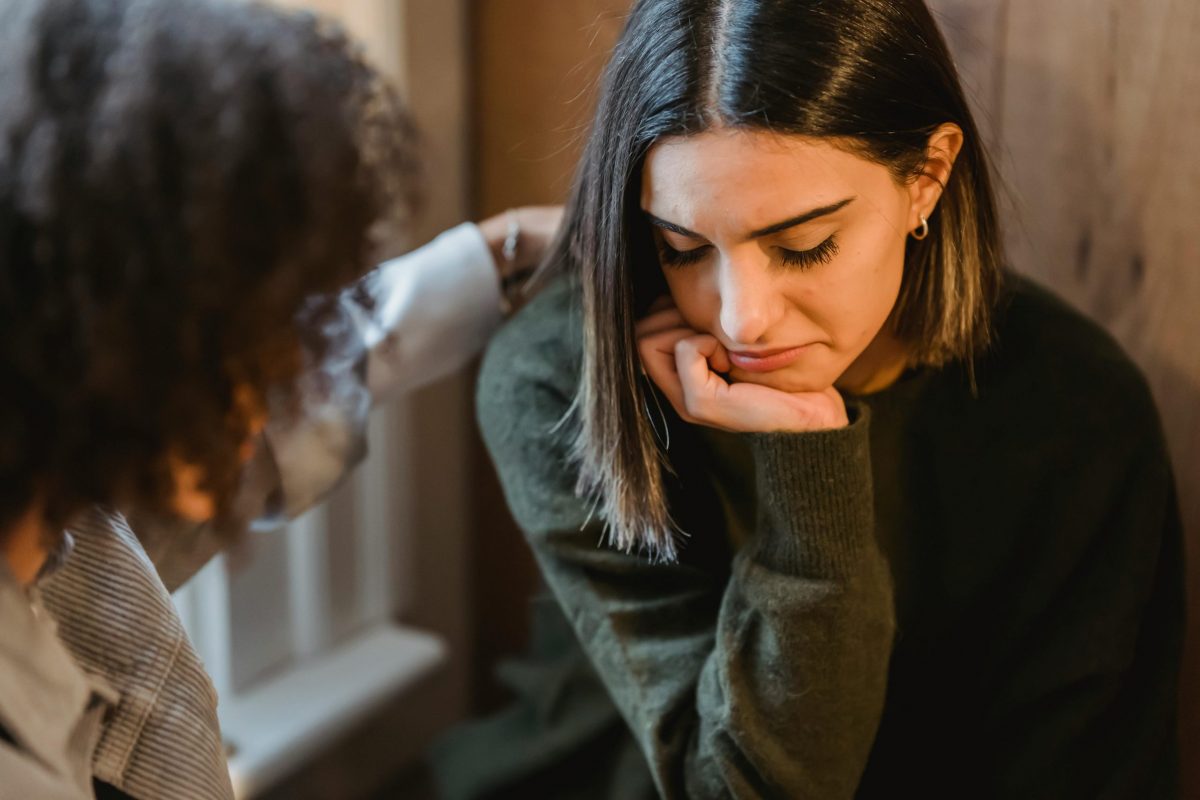The grief we experience in childhood can leave lasting imprints that shape our adult lives. As a counsellor in Beaconsfield, I’ve worked with many adults who are just beginning to understand how their early experiences of loss continue to influence their present-day relationships, emotions, and behaviours.
Children process grief differently from adults. They may lack the emotional vocabulary to express their feelings or the cognitive ability to fully understand their loss. Whether it’s the death of a parent, a difficult divorce, moving homes, or losing a beloved pet, these early experiences of loss can profoundly impact our development.
Often, childhood grief goes unprocessed for various reasons. Perhaps the adults in our lives were dealing with their own grief, or maybe our loss wasn’t acknowledged or validated. Sometimes, we were simply too young to understand what was happening, yet the emotional impact remained.
As adults, unresolved childhood grief can manifest in various ways:
- Difficulty forming or maintaining close relationships
- Fear of abandonment or loss
- Anxiety about change or transitions
- Problems with trust and intimacy
- Unexpected emotional reactions to loss
- Challenging relationship patterns
- Difficulty expressing or processing emotions
You might notice these patterns emerging in your relationships, career choices, or parenting style. Perhaps you find yourself being overly protective of loved ones or struggling to commit in relationships. These responses often stem from those early experiences of loss.
The good news is that it’s never too late to process childhood grief. Our brains are remarkably adaptable, and with support and understanding, we can begin to heal these early wounds. The first step is often simply acknowledging the impact of our early losses and recognising that our responses were natural given our circumstances.
Healing might involve:
- Understanding how the loss affected your development
- Reconnecting with and comforting your younger self
- Learning new ways to process emotions
- Building healthy coping strategies
- Developing more secure relationships
- Creating new narratives about loss and change
Remember, the way you coped with loss as a child was the best way you knew how at the time. There’s no shame in having been affected by early experiences of grief – it’s a natural part of being human.
If you recognise yourself in this description and feel ready to explore these early experiences, support is available. As a counsellor specialising in grief and trauma, I understand the complexity of childhood loss and its lasting impact. Together, we can work to understand your past experiences and develop new ways of relating to yourself and others.
While we can’t change the past, we can change how it affects our present and future. Healing from childhood grief is possible at any age, and you don’t have to navigate this journey alone.








